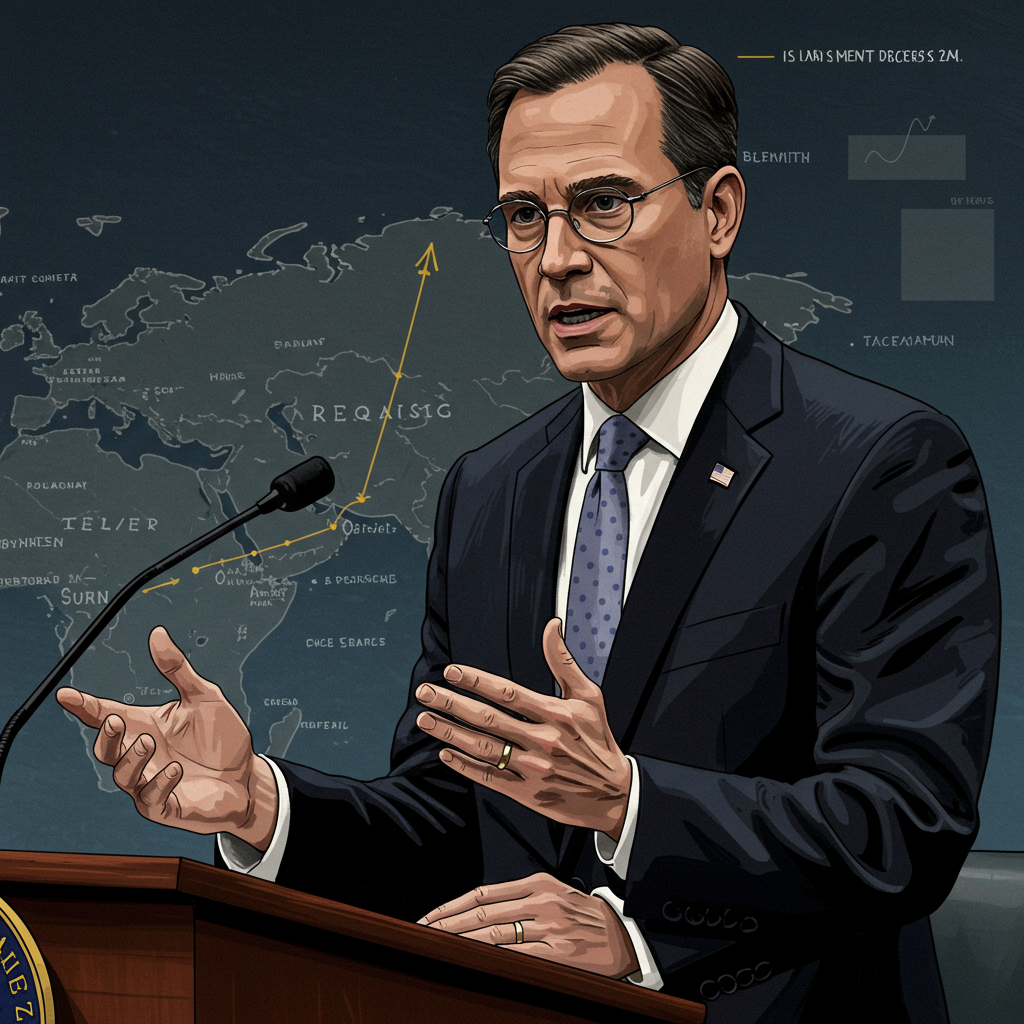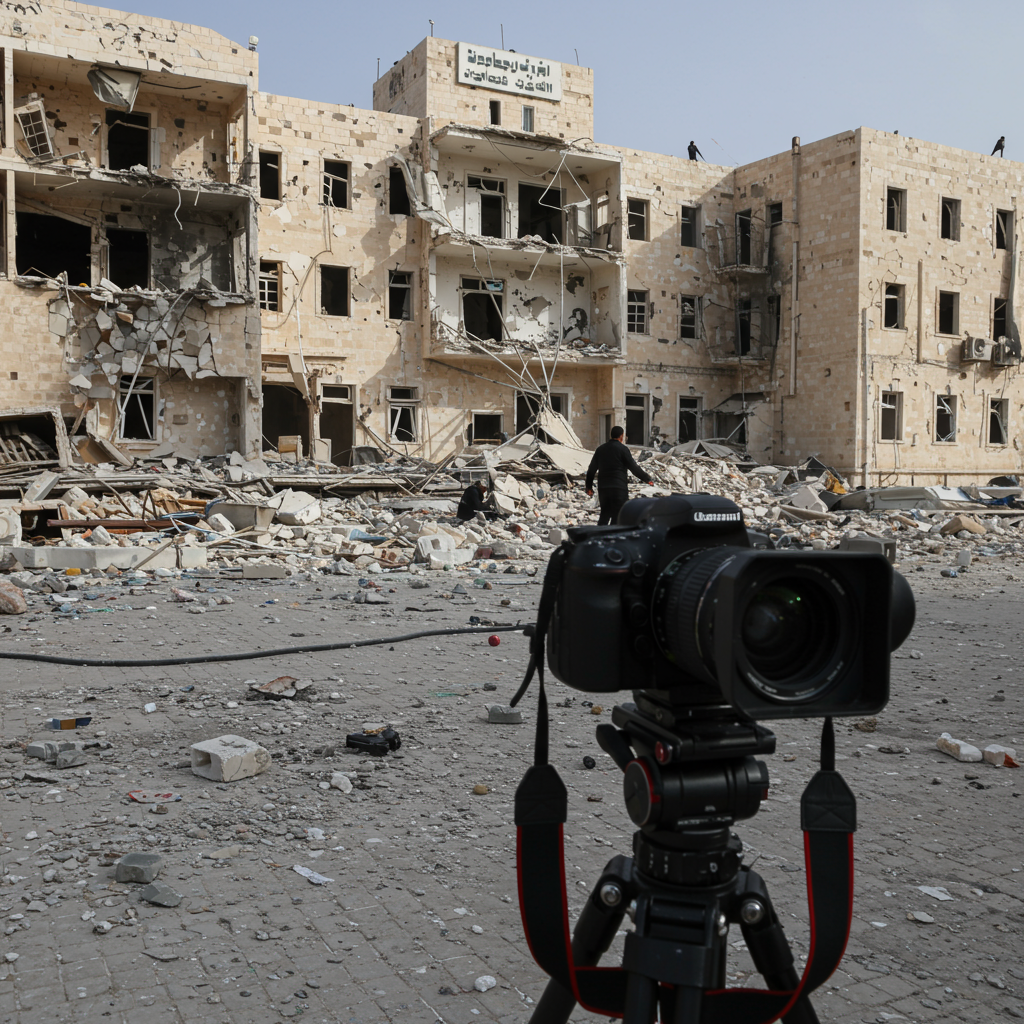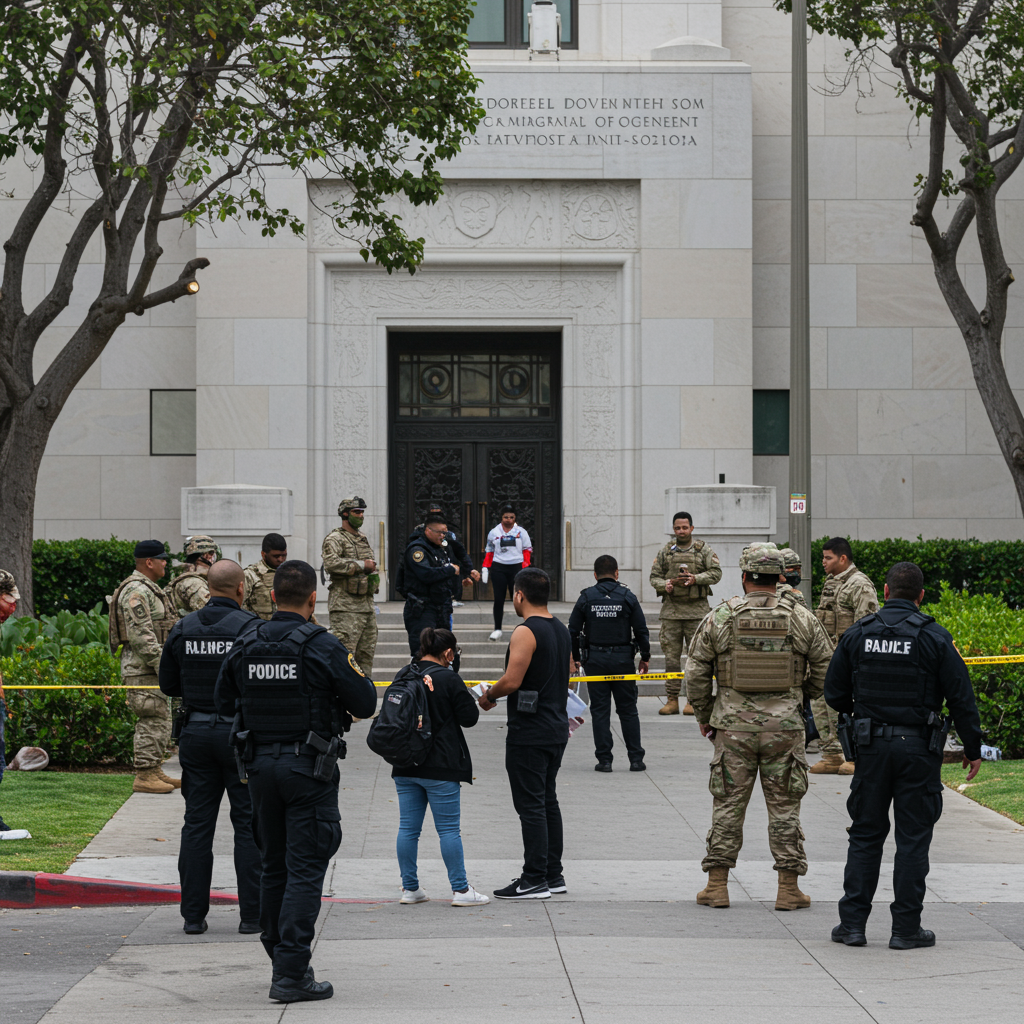Amid escalating tensions between Israel and Iran, the focus is increasingly on potential actions by the United States. Vice President JD Vance has indicated that President Donald Trump may be considering “further action to end Iranian enrichment,” signaling the administration’s continued focus on Tehran’s nuclear program.
Vance, speaking from what he described as “the inside,” defended Trump’s approach while also acknowledging concerns among those wary of deeper “foreign entanglement” after decades of overseas conflicts. He emphasized that Iran is enriching uranium “far above the level necessary for any civilian purpose,” violating international agreements and rejecting proposals for civilian nuclear energy without enrichment. According to Vance, Trump has been “amazingly consistent” for over a decade in his commitment to preventing Iran from acquiring nuclear weapons and has shown “remarkable restraint” in prioritizing the safety of US troops and citizens. The ultimate decision on potential US military involvement, Vance noted, rests solely with the President, who he believes is “only interested in using the American military to accomplish the American people’s goals.”
Trump’s Direct Warnings and Stance
President Trump himself has issued powerful statements amidst the crisis, declaring a desire for a “real end, not a cease-fire, an end” to the conflict, potentially achievable if Iran “giv[es] up entirely” its enrichment activities and surrenders “UNCONDITIONALLY.” He has publicly stated an openness to using military force to permanently halt Iran’s nuclear program, though diplomatic avenues are also being pursued in certain contexts.
Following his return from the G7 meeting, which he cut short to address the Middle East situation, Trump conveyed via social media that he knows “exactly where the so-called ‘Supreme Leader’ is hiding” and called him an “easy target,” but stated the US was “not going to take him out… at least not for now.” He linked this restraint to preventing Iranian attacks on civilians or American soldiers, warning that US patience was “wearing thin.” Trump also claimed the US now has “complete and total control of the skies over Iran,” attributing it to superior American technology, a statement that followed Israel’s earlier similar claim about Tehran’s airspace.
Trump has not been shy about publicly disagreeing with those who downplay the immediacy of Iran’s nuclear threat. He dismissed his Director of National Intelligence, Tulsi Gabbard’s assessment from months prior that Iran was not close to obtaining a weapon, stating he believed they were “very close.” He has also pushed back against conservative critics like Tucker Carlson, who argued against US intervention, calling Carlson “kooky.”
Escalation on the Ground
The discussion of potential US action occurs as Israel and Iran are engaged in intense hostilities. Israeli strikes have continued, targeting Iranian nuclear sites, ballistic and command capabilities, and assassinating senior military leaders, including two consecutive Chiefs of Staff within days. Israel claims its actions caused significant damage to Iran’s nuclear program and military command structure and has warned Tehran residents to evacuate certain areas.
Iran has responded with its own threats and actions. Its military chief of staff called for residents of major Israeli cities like Tel Aviv and Haifa to evacuate ahead of anticipated “punitive operations.” Reports from inside Iran indicate loud explosions heard across Tehran, and authorities have imposed significant internet restrictions, reportedly to combat cyber-attacks and control information flow. Iran has reported over 220 deaths from Israeli attacks, largely civilians, while Israel reported at least 24 killed by Iranian missile strikes.
Nuclear Concerns and International Reaction
A critical development is the confirmation by the International Atomic Energy Agency (IAEA) that an Israeli strike on the Natanz nuclear complex directly impacted the underground uranium enrichment halls. While other facilities were not directly hit, the strike underscores the targeting of Iran’s nuclear infrastructure.
International reactions to the conflict remain varied. Germany’s Chancellor strongly defended Israel, calling their actions “dirty work for all of us” against the Iranian regime. In contrast, France’s President criticized external military intervention aimed at regime change. Regional players like Turkey, the UAE, and Qatar have called for de-escalation, with Qatar expressing concern about attacks on nuclear facilities and monitoring radiation levels.
While US officials have stressed the U.S. was “not involved in Israel’s unilateral action,” US military assets, including a carrier strike group and potentially bunker-buster bombs, are reportedly in or heading to the region, fueling speculation about readiness for various contingencies. Vice President Vance’s comments, reiterating Trump’s long-held objective to end Iranian enrichment and hinting at the possibility of “further action,” add a layer of complexity to the already volatile situation.



